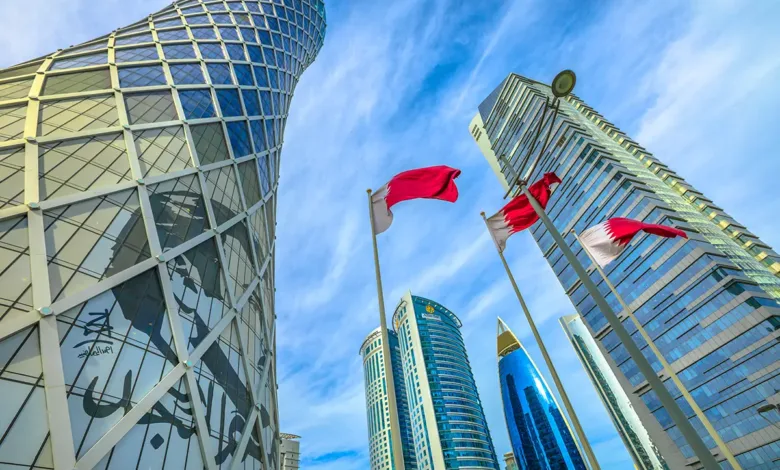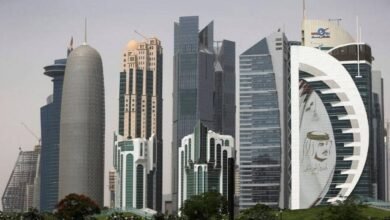Qatar Tops 2025 Global Engineering and Tech Rankings

▼ Summary
– Egypt achieved the highest overall impact factor in the Arab world, with Saudi Arabia ranking second.
– Qatar led in engineering and technology, while Egypt ranked first in economics, social sciences, education, law, and media.
– Algeria had the most accredited journals (426), followed by Egypt (364), Iraq (122), Saudi Arabia (75), and Jordan (45).
– The report documented a 367% increase in journals, 870% in articles, and a 6,800% surge in cited Arab authors since 2016.
– ARCIF has elevated Arab scientific output to global recognition and serves as a trusted reference for measuring journal impact.
Qatar has secured the leading position in engineering and technology for 2025, according to the latest Arab Scientific Journals Impact and Citation Report (ARCIF). This tenth annual edition highlights the nation’s prominent role in advancing these critical sectors across the Arab world, showcasing a decade of dedicated monitoring of scientific publications.
Dr. Sami Al Khazendar, who leads the ARCIF initiative for the Ma’arefa Database based in Amman, Jordan, explained that the report marks ten years of careful observation. He stated these long-term findings demonstrate consistent growth in both the quantity and the importance of regional research, even amid various regional difficulties.
The ARCIF analysis involved a detailed review of roughly 5,500 scientific journals published by 1,500 institutions in 20 Arab countries, not including Djibouti and the Comoros. The study also incorporated journals published in Arabic from eight nations outside the Arab world. Dr. Al Khazendar confirmed that from this extensive collection, 1,272 journals met all 32 international standards recognized by ARCIF.
According to information from the Qatar News Agency, the report’s data examined contributions from 364,000 Arab authors, covering more than 956,000 scientific papers. The work of 111,000 of these authors received citations from other researchers. A comparison with the 2016 report shows a 367 percent growth in the number of journals, an 870 percent increase in published articles, and an extraordinary 6,800 percent rise in the number of cited Arab authors.
Dr. Al Khazendar emphasized ARCIF’s vital role in moving Arab scientific contributions “from invisible space to global recognition.” He noted that the ARCIF impact factor is now a reliable benchmark for evaluating the reach of Arab journals based on international metrics. He also highlighted the growing understanding among Arab scholars about the essential role of publishing in Arabic to foster knowledge creation and drive innovation.
In the general country rankings, Algeria achieved the highest number of accredited journals with 426, followed by Egypt with 364, Iraq with 122, Saudi Arabia with 75, and Jordan with 45. When measuring overall impact, Egypt claimed the top position, with Saudi Arabia coming in second.
At the discipline-specific level, Qatar emerged as the frontrunner in engineering and technology. Egypt led in economics, social sciences, education, law, and media. Saudi Arabia was the top performer in Arabic language and literature, while Palestine attained the highest score on the Immediacy Index thanks to the Palestinian Journal of Open Education and e-Learning.
For the index tracking cited authors, Algeria ranked first with 26,834 authors, followed by Egypt with 21,988, Iraq with 21,367, Saudi Arabia with 10,712, and Jordan with 6,098. This particular metric recorded a substantial increase in the number of Arab researchers across the region whose work is being referenced by peers.
The ARCIF impact factor is managed by a Coordinating Council that includes delegates from the UNESCO Regional Bureau for Education in the Arab States located in Beirut, the Economic and Social Commission for Western Asia (ESCWA), and the Ma’arefa Database. A scientific committee consisting of Arab and international specialists and academics from various Arab nations and the United Kingdom also provides oversight.
(Source: Economy Middle East)





